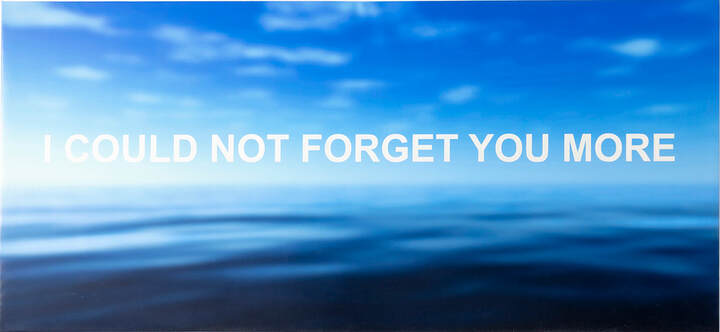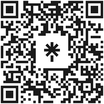Already Gone
Adam Daley Wilson
You Could Not Be A Less Relational Self is a story of intimacy. This story starts at the most close and intimate of levels—it is the remembering and forgetting by and among individual human souls. Parent to child. Lover to lover. It recognizes that sometimes we actively try to forget or remember another—and sometimes, against our will, we are powerless to determine what remains and what fades away. In all of this, at this intimate level, the narrative asks: Is there something about our remembering and forgetting that is not just about the other, but is also somehow about the relational space that exists between us? We know different cultures see self and relation differently; on this there is even a clear east-west line. When we decide to remember or forget—or when it happens to us against our will—is there something still left to forget, or something that still can be saved, if we think not just of our parent, not just of our child, not just of our lover, but also of the relational space between?
The story then shifts from the most intimate and human to the most expansive, the most absolute. The narrative voice turns. At this level, the story is not memory by humans, but memory of humanity itself—memory in relation to our remaining existence as a species. Who or what will remember us, after the moment the last of us is gone? Have we any relational connection to anything that may survive us, so that we are not forgotten? In the expanse of the life of a planet, where we have existed only for an instant, will a planet even notice? In this narrative, there will be no final intimacy. We will be instantly forgotten, irretrievably, absolutely, by a planet and her waters and her skies.
This work references both Ruscha and Sugimoto, placing a short text statement over a natural expanse, here a horizon between water and air. The image, a small detail of appropriated and altered public domain media, relies heavily on the color blue—not just traditionally as a symbol of potential melancholy, but also in its occasional more modern use, to represent concepts of absolute and infinite expansiveness. Empirically, the work draws upon the biology and chemistry of consciously and unconsciously remembering and forgetting not just individuals, objects, emotions, and concepts, but also the invisible spaces, or negative spaces, that may create and define relations.
The story then shifts from the most intimate and human to the most expansive, the most absolute. The narrative voice turns. At this level, the story is not memory by humans, but memory of humanity itself—memory in relation to our remaining existence as a species. Who or what will remember us, after the moment the last of us is gone? Have we any relational connection to anything that may survive us, so that we are not forgotten? In the expanse of the life of a planet, where we have existed only for an instant, will a planet even notice? In this narrative, there will be no final intimacy. We will be instantly forgotten, irretrievably, absolutely, by a planet and her waters and her skies.
This work references both Ruscha and Sugimoto, placing a short text statement over a natural expanse, here a horizon between water and air. The image, a small detail of appropriated and altered public domain media, relies heavily on the color blue—not just traditionally as a symbol of potential melancholy, but also in its occasional more modern use, to represent concepts of absolute and infinite expansiveness. Empirically, the work draws upon the biology and chemistry of consciously and unconsciously remembering and forgetting not just individuals, objects, emotions, and concepts, but also the invisible spaces, or negative spaces, that may create and define relations.
You Could Not Be A Less Relational Self, 2020
oil on new media
54 x 117 in 137.2 x 297.2 cm
oil on new media
54 x 117 in 137.2 x 297.2 cm



